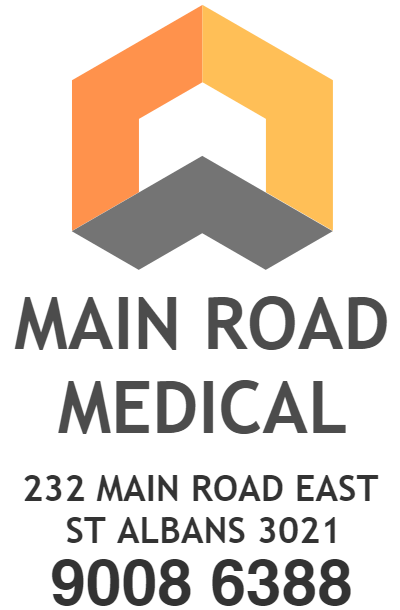24-hour ambulatory BP monitoring - the gold standard method to assess blood pressure - is now available at Main Road Medical.
Please make an appointment with your doctor to discuss about this investigation.
To be eligible for Medicare rebates, the patient must have not commenced anti‑hypertensive therapy and must meet one of the following criteria
To do this test, you will need to wear a blood pressure unit. The unit consists of a blood pressure cuff that is worn on your upper arm and connected to a monitor. You wear the monitor on a strap over your shoulder.
For the next 24 hours, your heart rate and blood pressure will be measured at 20-30 minute intervals during the day and night. When you feel the cuff getting tighter, it’s important to stop and rest until the measurement is complete. Usually each reading takes 30-40 seconds.
It will take about 15 minutes to have the cuff put on and get instructions in the clinic. You will need to return to the clinic at the same time the next day (24 hours later) to have the strap and monitor taken off.
While you are wearing the monitoring unit you must:
Wear a loose-fitting shirt
Remain still during the readings (when the cuff tightens)
Record the time, any symptoms, and your mood, activity, and bedtime in your patient diary
Make sure the monitor stays connected while you undress
Take your normal medications.
You must also follow these important guidelines:
Don’t wear long-sleeved sweaters or dresses
Don’t take the cuff off or remove the batteries from the unit
Don’t get the monitor wet (i.e., don’t swim, shower or bathe)
Don’t drive or operate machinery or use power tools or heavy equipment, as vibrations can disrupt the monitor.















